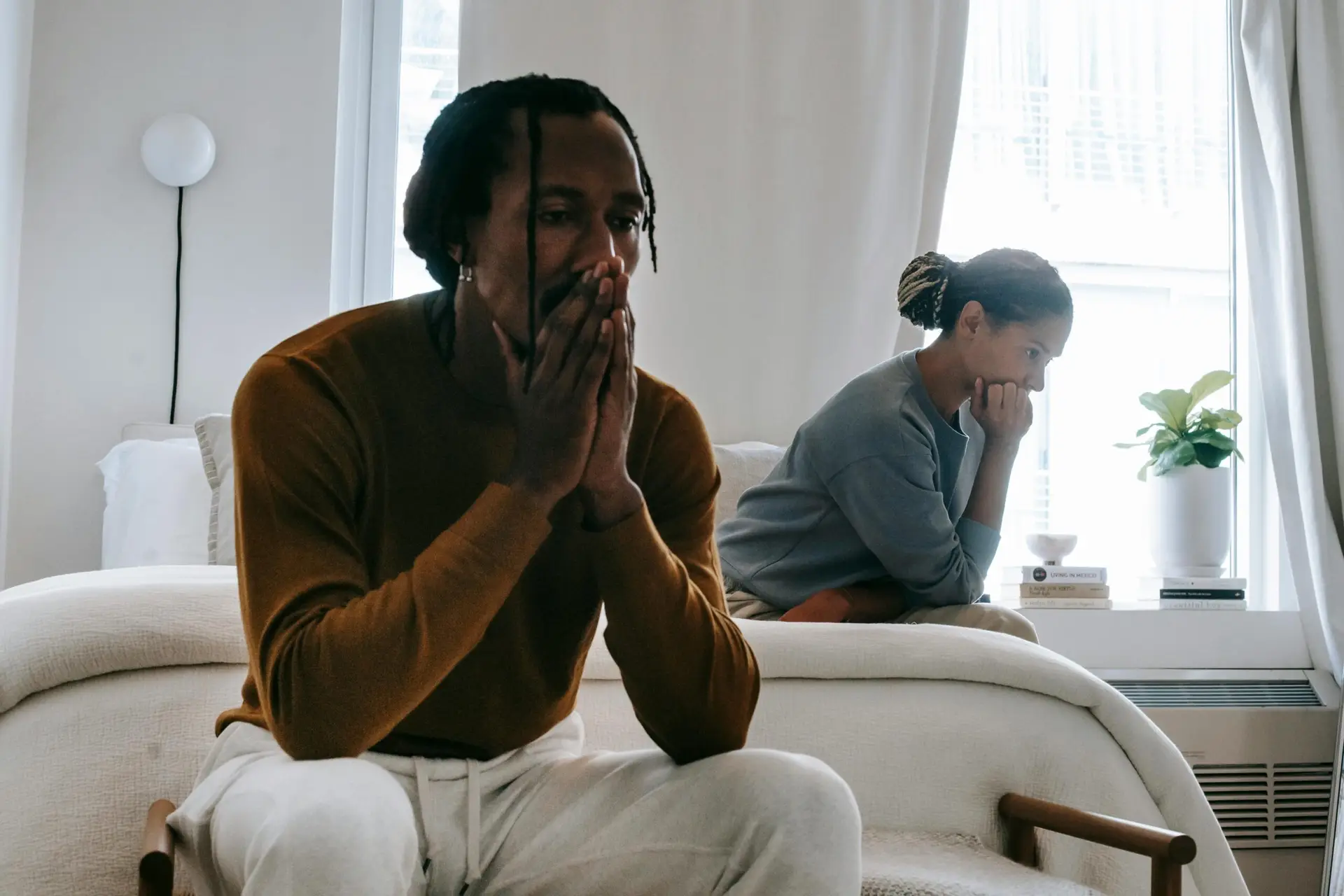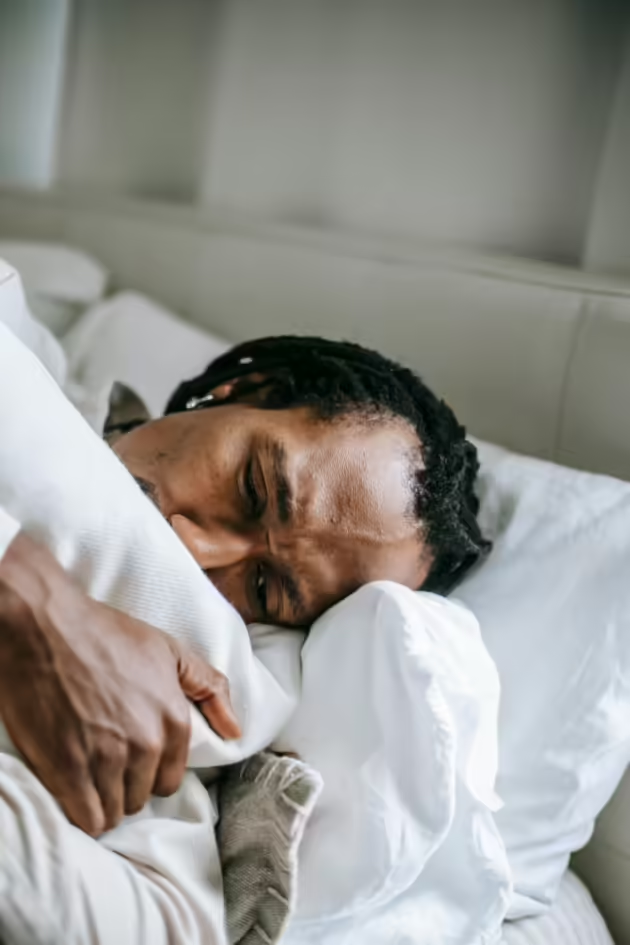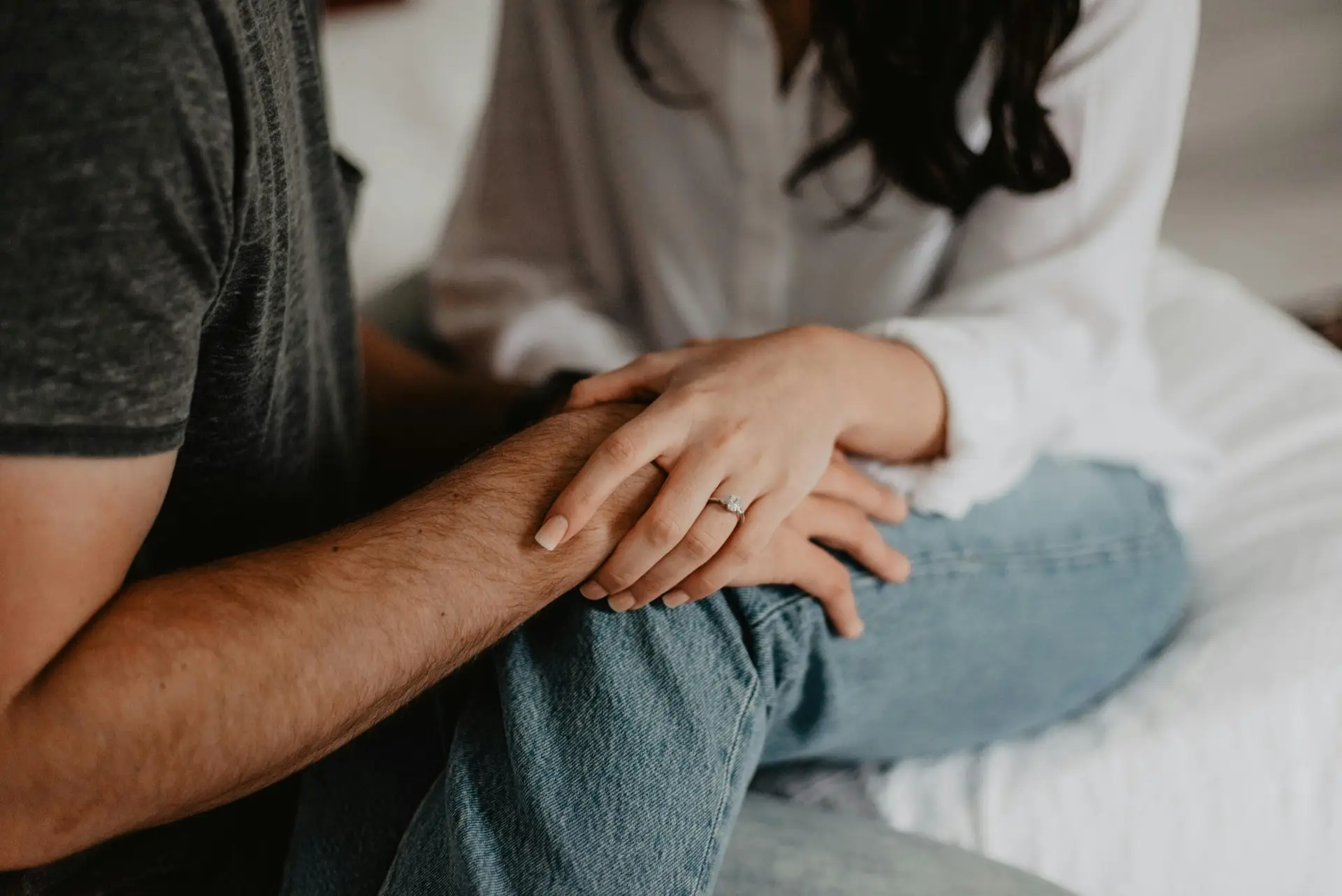Breast cancer and domestic violence share more than an awareness month (October) in common. Research shows that there is a correlation between those diagnosed with the disease and rates of intimate partner abuse and violence.
This is a tricky, delicate and important topic. I am not an expert in domestic violence and I am fortunate to have never experienced it myself. That said, it needs to be talked about more openly. For assistance, I turned to Anne Wintemute, Co-Founder and CEO of AimeeSays, the AI companion for survivors of domestic violence.
Anne is careful to point out that while women experiencing breast cancer may be victims of domestic violence, the diagnosis itself is not the cause of that violence. Rather it is further justification of existing beliefs around entitlement.
“A breast cancer diagnosis and treatment can exacerbate underlying beliefs that a woman’s appearance and actions should be in service to the man,” explains Anne. “Men who do not feel entitled to privileges from their partner, often at their partner’s expense, are not going to become abusive at the time of a diagnosis. Power and control, or abuse, are the visible attributes of entitlement. If a man feels entitled to the aspects of a woman’s personhood that serve him, then her loss of breasts/hair/libido/etc, are new justifications for pre-existing views. This is also why we see a higher incidence of domestic violence associated with breast cancer in countries with extremely oppressive and entitled perspectives on gender roles.
Cancer has an impact on relationships
It is a well-known fact that a cancer diagnosis has an impact on relationships. A cancer diagnosis is not a chapter in one’s life that can easily be closed once active treatment is complete. There is the continued fear of recurrence, residual trauma that comes with PTSD, a forever-altered mindset of the person diagnosed, side effects from medications that impact quality of life, and for those who do experience recurrence and who must deal with cancer as a chronic illness or who enter palliative care, there are additional health, emotional, physical and financial burdens that add to relationship stress. Given the changes cancer wreaks on a family dynamic, even the most solid of relationships can be put to the test. In those instances with an established pattern of controlling behaviors, matters can only worsen.
Physical changes after breast cancer create a climate for shame, blame and domestic violence
Women who undergo a breast cancer diagnosis, breast cancer surgery and treatments are physically altered in many ways.
Breasts, which are a highly sexualized and erogenous part of the anatomy will be different after cancer treatment. Some women opt to have one or both breasts removed and choose to remain flat — in other words, they no longer have breasts at all. Those who opt for breast mound reconstruction (implants or tissue/DIEP flap surgery) are often left without nipples after surgery. Most women who undergo a single or double mastectomy are left with little to no sensation in that area. Women who undergo chemotherapy will also experience hair loss. Many women find they experience weight gain after being thrust into menopause after a breast cancer diagnosis.
Body image distress is one of the most frequently reported challenges among women with breast cancer and can trigger depression, social isolation and impairment. In one study, 60 women married and single were studied to determine the effects of surgery on their wellbeing and the relationships with their partner. It was found that 71% of those surveyed reported negative impacts. 33% of participants reported negative effects on partner relations. In particular, 31% reported deterioration in attractiveness; 31%, a feeling of malaise; and 30%, that their partners perceived them as less attractive. Moreover, 80% in the youngest group reported that they covered their body during intimate contact, whereas 58% in the oldest age group reported the same behaviour. Deterioration in satisfaction with sex life and in the pleasure of sexual intercourse was indicated by 71% and 77%, respectively. Correspondingly, 71% also noticed a decrease in sexual activity, with 76% of participants aged 50-65 years reporting such a decline. The oldest women were also less satisfied with their sexual intercourse.
Male attitude and abusive behaviors toward female partners with breast cancer is poorly studied
There is far less research that looks at male attitudes toward female partners who have undergone a mastectomy. It is not a topic that is easily addressed or admitted to.
In one study conducted at the University Hospital in Istanbul, 240 men were interviewed. Fifty-four percent of men declared that they would not marry someone with BC and/or someone who had a mastectomy. Thirty-four percent of participants thought that a woman with BC should conceal the disease.
“They sent me a message the next day and said they don’t want anything to do with me”
Another study published in the Asia Pacific Journal of Oncology Nursing by researchers in Iran concluded that a woman’s weakness following breast cancer disease and surgery can lead to poor sexual function, in turn potentially increasing intimate partner violence (IPV), such as sexual violence. Although disclosure of partner violence is often difficult because it is a taboo topic and often considered a “private” matter, the prevalence of IPV among Iranian breast cancer women was reported 90%. Sexual violence is common among mastectomized Iranian women.
A third study published in 2022 by researchers at the Rehabilitation Program for Mastectomized Women in a Brazilian reference hospital for oncological treatment, shows that women diagnosed with breast cancer and who lack active participation by their partner through the process are more likely to be victims of violence, have a higher occurrence of depression, as well as have damage to their physical, emotional, and functional well-being, which contributes to a worse prognosis of the neoplasm. Once again, the research highlights the underreporting of violence in the group of women with breast cancer, as this topic is still taboo among patients, making it even more difficult to reveal it.
It is important to note that terms such as domestic violence and intimate partner violence do not always equate to physical violence.
Anne Wintemute elaborates. “Domestic violence, or IPV, is a pattern of behaviors that aim to assert control or secure privileges using any combination of emotional, psychological, sexual, financial, spiritual or physical tactics. In fact, most controlling or abusive partners use non-physical abuse to make the survivor feel worthless, unloveable, unattractive or otherwise inferior to the abuser. The absence of physical abuse is not a disqualifying factor.
A 2024 study by researchers at Western University in Canada underscores Wintemute’s point. Analyzing posts on the social media platform Reddit, researchers identified numerous themes associated with relationship toxicity as expressed in Reddit forums by breast cancer survivors including toxic behaviors, abandonment and abuse following diagnosis and social-related fears.
[…] From the moment he found out I had cancer, that I had breast surgery, he changed completely. He kept saying things to humiliate me, like, “Oh, you are not my wife, I have no wife like that, thin, bald, without both breasts” […]
As I said at the outset of this post, the topic of domestic violence as it intersects with breast cancer is a delicate and tricky subject to address. It is underresearched, under-reported and emotionally charged. It’s also one that we need to look at more closely and approach with bravery.
If you or someone you know is experiencing intimate partner violence in any form there is help available.
In the US, contact the National Domestic Violence Hotline.
In Canada, you can find a list of available resources here.
The Safe and Together Institute offers a list of resources worldwide for support. You can also get confidential support in 80+ languages through AI-enabled chat services such as AimeeSays and Ruth.




